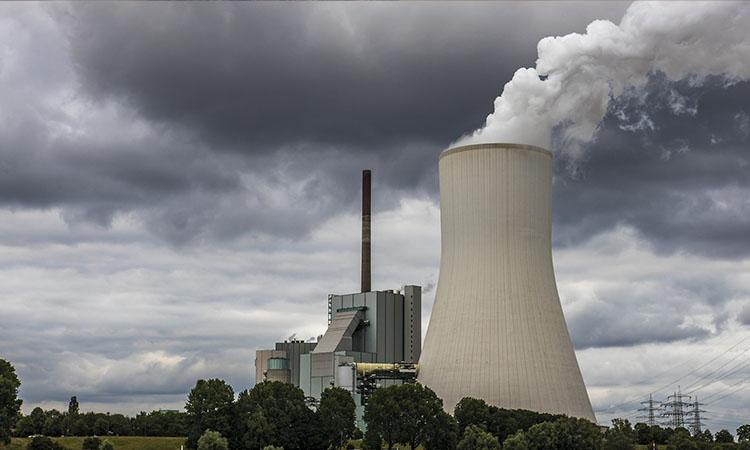Announcements and pledges made at the just concluded Glasgow climate summit (COP26) will directly impact 80 per cent of planned coal-fired power plants around the world, an analysis said on Wednesday.
With several net zero pledges announced, 95 per cent of the existing global coal power fleet is committed to carbon neutrality. The Glasgow climate summit has had a significant impact on existing and new coal power across the world. Coal is the single largest contributor to carbon emissions.
"Glasgow climate summit might have failed on several fronts, including on loss and damage fund as well as on adaptation. However, COP26 has taken historic steps towards ending coal. This is not just optics, announcements and pledges made at Glasgow have real world consequences on the global coal industry," said Lauri Myllyvirta, Lead analyst at Centre for Research on Energy and Clean Air (CREA).
Also Read | Housing sales exceeds new supply, black money deals down 75-80% post demonetisation
The summit ended with high drama over the wording of the final text being changed from 'phase-out' to 'phase-down' of unabated coal.
According to an analysis by CREA, a total of 88 gigawatts (GW) of planned coal-fired capacity, a total of 90 large-scale projects, is likely to be cancelled as a result of the pledges. The cancelled capacity represents two-thirds of planned coal power plants outside of China.
Globally, the amount of planned coal power stands at around 300 GW. Eighty per cent of this is impacted by 'no new coal' pledges, 'finance pledges' and 'net zero' pledges.
Also Read | EV push powers TaMo's DVR, pent-up demand raises parent's shares
The "no new coal" and finance pledges will likely result in cancellation of 88 GW of new coal. Further, 165 GW of new coal could still go ahead but are called into question by carbon targets announced in the run-up to COP26 or at COP26. Only 56 GW of new coal projects remain unaffected.
"China did not sign on to any pledges on domestic coal power but aims to peak coal use by around 2025, making new coal projects highly questionable.
"India, with the second biggest coal pipeline after China, committed to 2070 net zero targets and now the only country which could still add new coal power plants. However, India's 500 GW renewable power capacity and 50 per cent clean electricity targets by 2030 mean that coal-fired power generation is likely to peak and decline well before 2030, leaving no space for new coal projects to be built and operated," said Lauri.
The global coal power plant fleet stands at about 2,060 GW of installed capacity. Of this, an additional 290 GW now has a close-by date as a direct result of announcements and pledges made in the run-up to and at COP26.
Altogether, 550 GW or 26 per cent of existing coal is already scheduled to retire. Of the total 550 GW, 280 GW have a 1.5 C compatible phase-out date.
Another 1,420 GW of existing coal capacity is covered by carbon neutrality pledges but does not have a clear retirement date announced. Eighty-nine GW or less than five per cent of existing coal is not covered by either type of commitments.
"While the pipeline of new coal projects is now bound to collapse, marking the decline of the global coal industry, not all existing coal plant phase-out plans are in line with the 1.5 C pathway. However, as we see solar and wind costs fall further, we'll see an accelerated phase-out of coal in several regions," said Lauri.
OECD countries account for 500 GW of existing coal capacity and are required to phase out coal within this decade. Eighty two per cent of existing OECD coal is scheduled to retire but just about 36 per cent will retire on the 1.5 C timeline.
If the German coalition government agrees on an early coal phaseout and if the US announces a clear 2030 coal phaseout timeline, 72 per cent of existing OECD coal capacity will be on track to retire by 2030.
There was some strong opposition to the inclusion of 'accelerating phaseout of unabated coal power and inefficient fossil fuel subsidies' -- mainly from India and China, and supported by South Africa on coal and Iran and Nigeria on fossil fuel subsidies.
Countries like Australia, US, Turkey, Colombia, Indonesia, and Japan had no objections towards inclusion of 'phase-out' -- indicating a significant shift from their earlier stand.


















